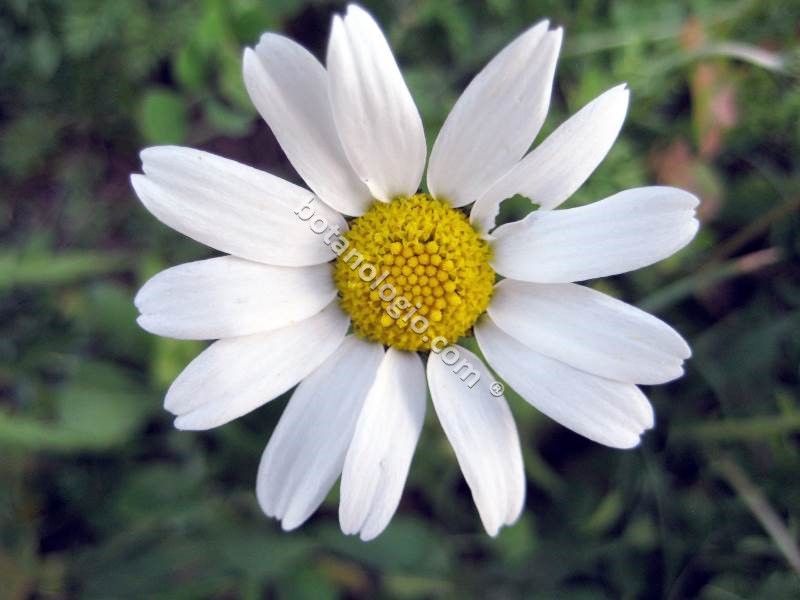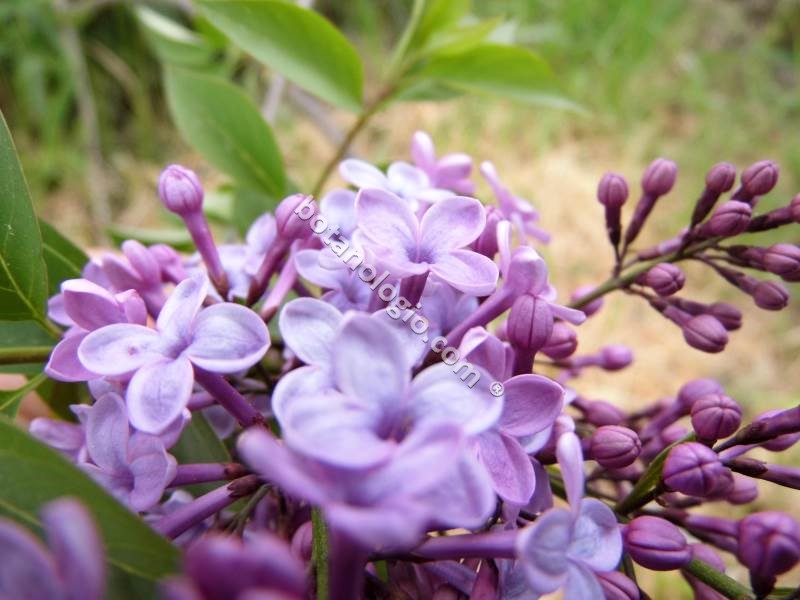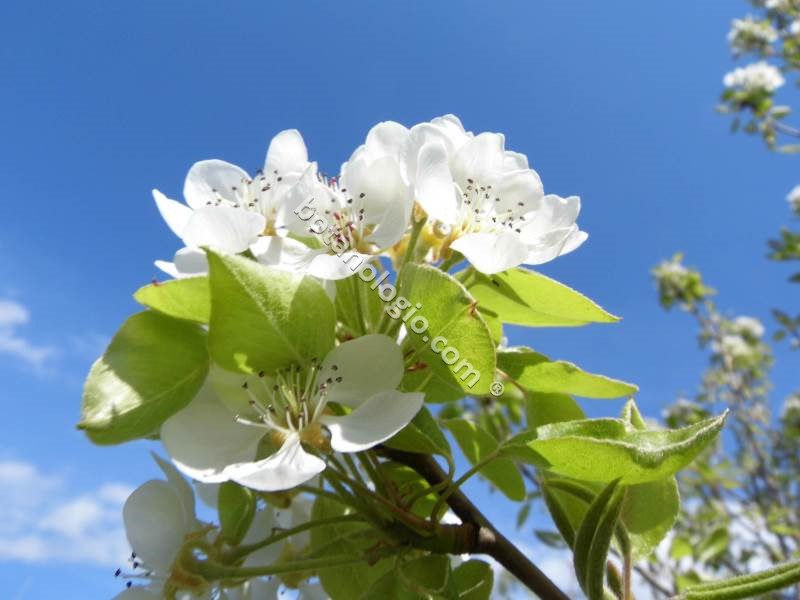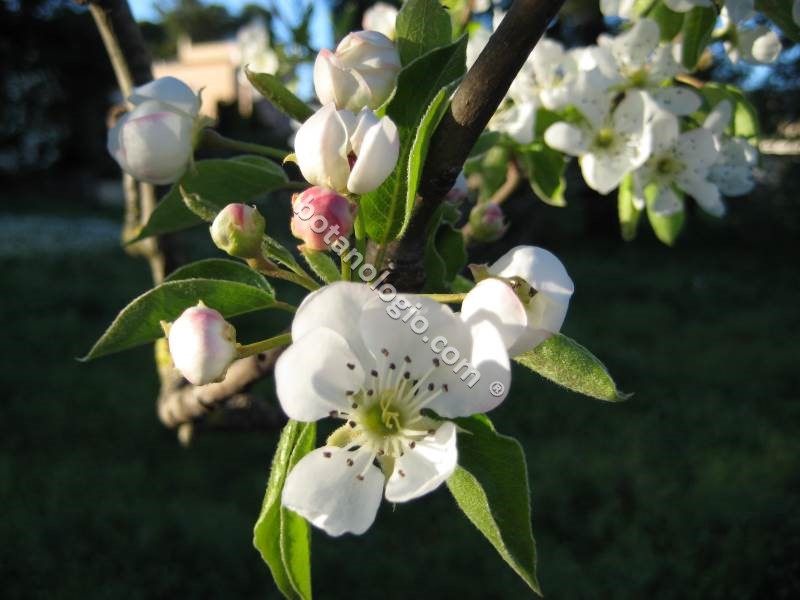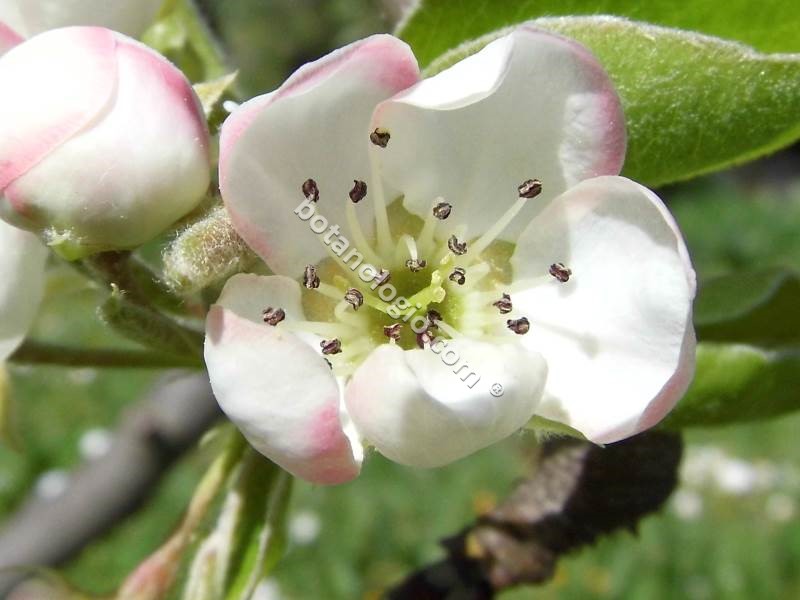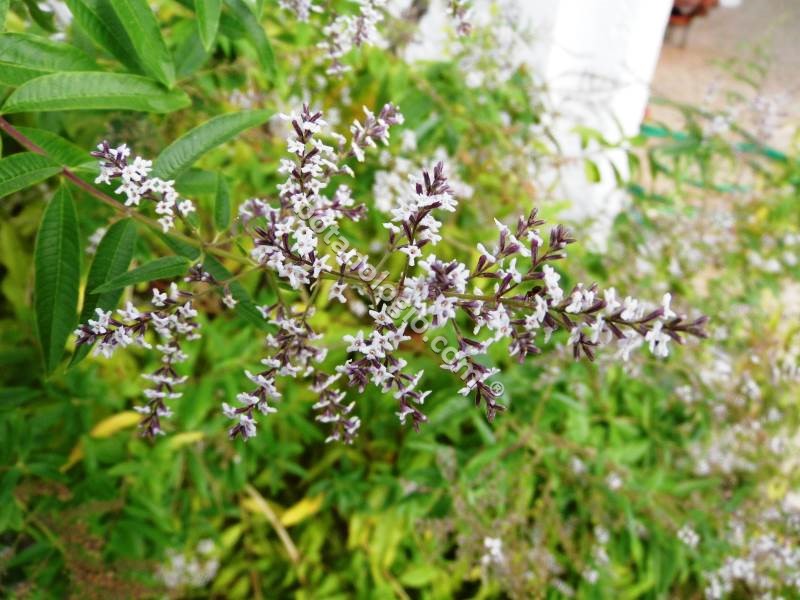The phases of the Moon in gardening

The moon is an important element from antiquity, based on which, the diferent seasons, sowing, harvest, successful fishing, collection of medicinal herbs and the preparation of medicines were calculated. The phases of the moon were important and its relationship to the tide had been observed since antiquity but was scientifically substantiated by Newton.
In agriculture, even the traditional producers watch the moon to know when the weather will change, when is the right time to start the different agricultural processes to have a successful result! From whatever point of view we look at the moon, it is a given that it has a strong influence on the earth, either due to gravitational pull, or energetically, or spiritually, as everyone wishes to perceive and accept it as a phenomenon. Pruning, fertilizing, planting, grafting, collecting aboveground parts and rhizomes, transplanting, sowing and even weeding are related to the phases of the moon!
So starting with the basics so that we can properly monitor the moon and regulate the work of herbs and gardening, we start with the basics: the moon to make a complete circle around the earth, goes through four phases. The new moon, the waxing cresent, the full moon and the waning cresent.
Traditionally, during the waxing period, it is an ideal phase to plant, decorate the garden, add fertilizer and collect fruits, flowers and leaves, ie the aboveground parts of plants and trees. At the same time, it is a suitable period for the preparation of herbal medicines. It is the period when the plant will give the maximum of its healing properties, the higher percentages of essential oil and the fruits will be juicier.
In the period of the waning cresent in turn, the juice of the plants that during the filling went up, goes down to the root. It is a good time to plant seeds and bulbs, to transplant, to graft, to weed, to clean the garden, to prune our trees and plants without injuring them or to leave their sap exposed. It is also a good time to collect roots for healing purposes and to successfully dry herbs.
In short, we collect, strengthen and plant the plants in the waxing cresent and store, sow and clean in the waning cresent, with the sole exception of the roots that are collected in the waning cresent.
In the new moon and the full moon, that is, the phases when the sun aligns with the moon and the earth, we have a tide. We avoid work on this day that mainly has to do with pruning and transplanting but also the preparation of cosmetics and pharmaceuticals. Traditionally, of course, they are the ideal days to make medicines, especially the new moon, but there is a risk of failure or exaggeration. A day after the new moon and a day before the full moon are ideal.
In second phase, it is important to keep in mind the purposes for which we collect the herbs in order to have the appropriate results. Herbs that we collect for detoxification, cleansing and weight loss, are best collected during the waning cresent. While during the waxing cresent, we collect the herbs we want for nutrition, hydration, energy.
In order to be able to observe the moon there is a basic rule: The from the new moon to the full moon, is 14 – 15 days, while the same applies from the full moon to the new moon. The new moon rises at dawn and therefore is not visible. The first quarter at noon, the full moon at sunset and the last quarter at midnight.
So once we understand the impact on agriculture during the waning cresent and the waxing cresent, we can move on to the constellations through which the moon passes and in which constellations is it ideal to deal with our garden and our herbs.
The moon, rotating around the earth, it aligns every about 2 days with a zodiac sign. Filtering the constellation its characteristics through the moon.
Moon in Aries & gemini: ideal day for plowing, weeding, disinfestation, harvest. In the aries an extra positive is that the seed that will be planted will germinate faster. In general, the signs of air and fire are considered fruitless, making them ideal only for cleaning. Prefer when the moon is in the waning cresent.
Moon in Taurus: in all the signs of the earth the moon is very productive. In taurus it is ideal for planting and collecting radishes, carrots, potatoes, onions, leeks and generally rhizomes. The same applies to the planting of bulbs such as hyacinths, daffodils, dahlias, freesias, gladiolus, etc. This is not a good day for hard gardening!
Moon in Cancer: Due to the relationship of the zodiac sign with the Moon, Cancer is one of the most fertile signs. When the moon passes through the constellation of Cancer, it is the best phase to plant. Especially plants that have a high water content, such as watermelon, cucumber, melon. It is also a good day for watering and grafting.
Moon in Leo: may not be a good day for planting, but it is an ideal day for changes in the garden, decoration and landscaping.
Moon in Virgo: ideal day for cleaning the gardens, adding fertilizers and a very good day for beekeepers.
Moon in Libra: the artistic and feminine nature of libra, is good for planting, transplanting and picking flowers and ornamental plants. It is also a good day to pick herbs and make herbal cosmetics!
Moon in Scorpio: a very fertile sign for successful grafting, pruning and transplanting, while it is a sign that strengthens the roots if you decide to feed your plants with a moon in Scorpio.
Moon in Sagittarius: like the previous fire signs, Sagittarius is not considered a good sign for planting but has one exception, fruit trees.
Moon in Capricorn: is a productive sign, suitable for growing and planting perennials, trees, roots and vines. The important thing with a moon in Capricorn, is that the plants will last for years while the fertilization will be done slowly and correctly.
Moon in Aquarius: it is not a suitable day for gardening as it is considered a male and fruitless sign.
Moon in Pisces: in all water signs as well as in Pisces it is a very fertile period. Ideal for planting hydrophilic plants, while it is a good phase for grafting, fertilizing, and vigorous pruning.
herb collection, herbs, Medicinal herbs, moon phases and gardening
